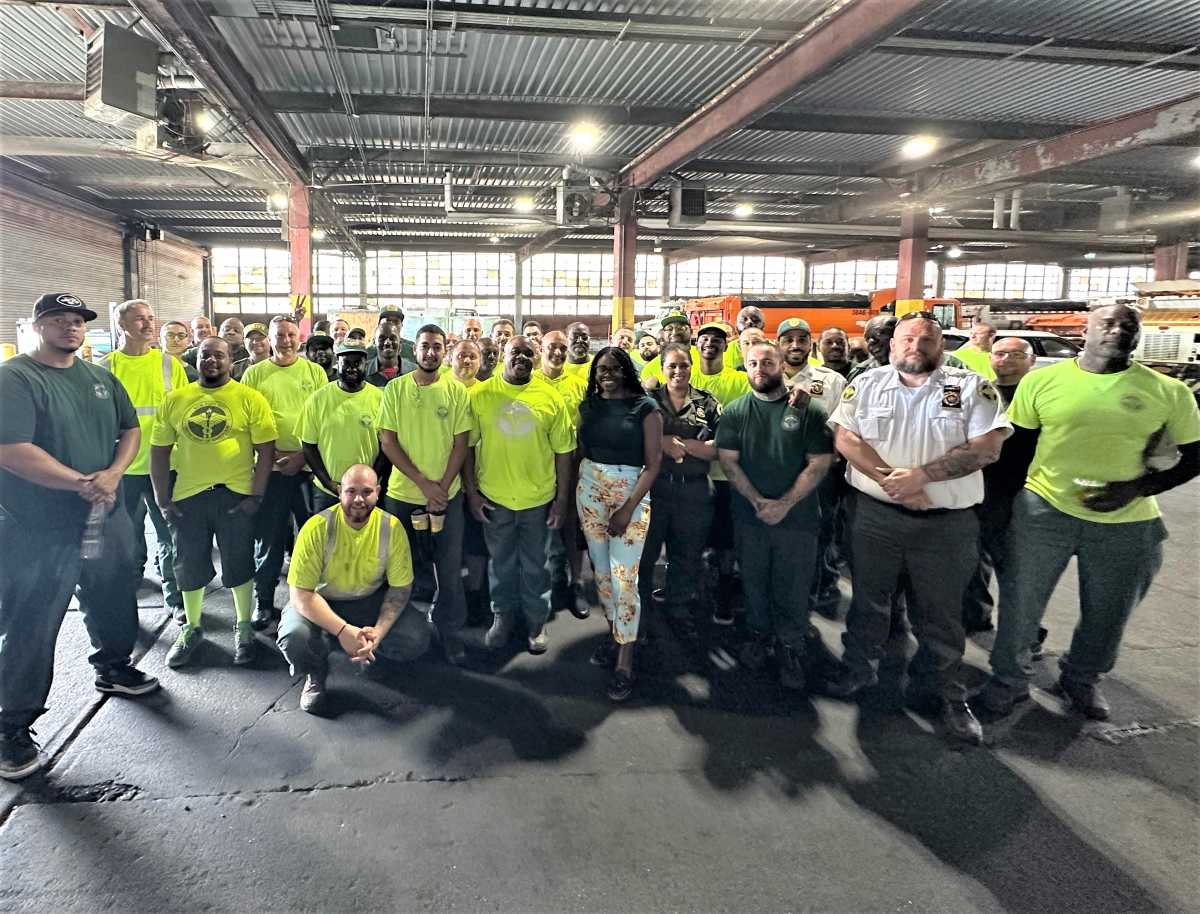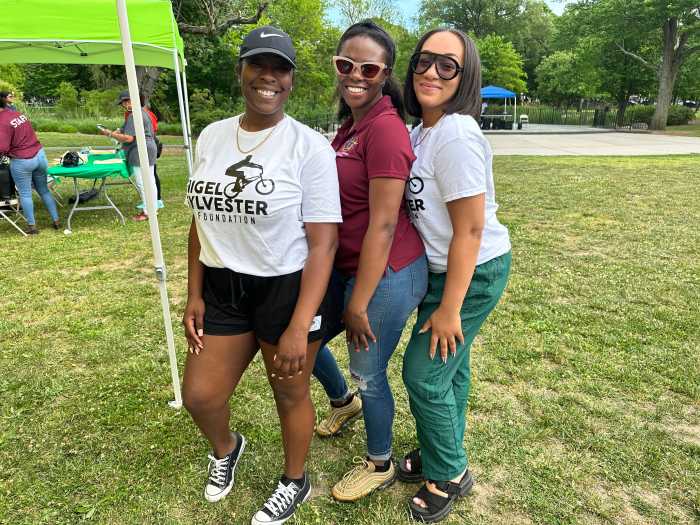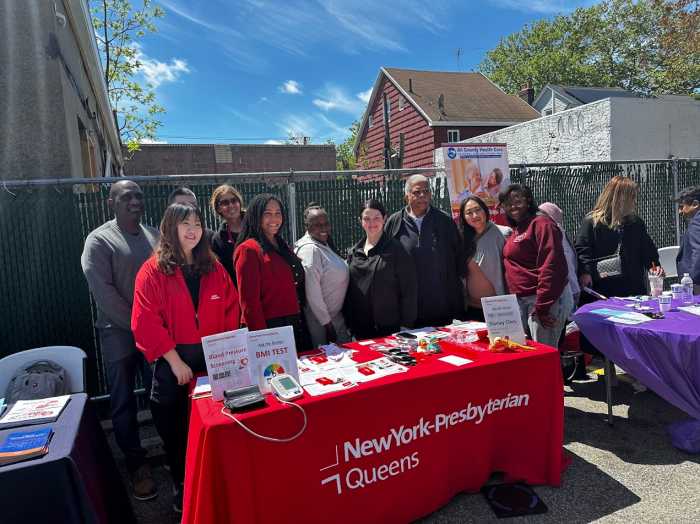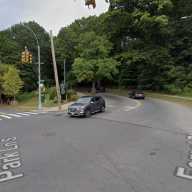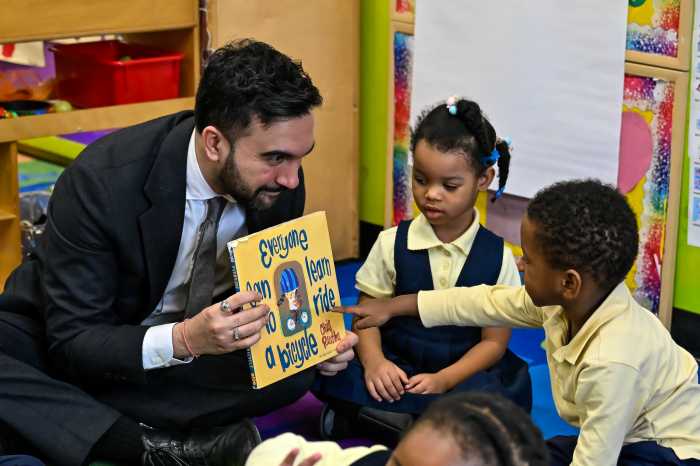In New York City, financial penalties for minor violations are often more than just a ticket; they can represent a serious setback for individuals and families already struggling to make ends meet. These fines and fees disproportionately impact those living in poverty or immigrants yet to learn the social expectations of their new homes and act as a hidden tax that exacerbates inequality and injustice in our city. This is why I am proud to sponsor Int 0473-2024, legislation that offers an alternative to financial penalties: community service.
When governments rely on predatory fines and fees to generate revenue, they place a disproportionate burden on those who can least afford it. This system, essentially a form of taxation-by-citation, encourages civil policing for profit and extracts wealth from people living in poverty. Consider the impact of a single traffic ticket on someone living paycheck-to-paycheck. The mandatory surcharge alone could mean the difference between paying rent or facing eviction, having access to healthcare or going without or meeting basic needs like food and clothing.
Harsh enforcement of minor violations does not enhance public order. Instead, it leads to more negative interactions between the government and Black and brown communities, interactions that can escalate and deteriorate people’s faith in the institution entirely. We need to rethink how we address minor offenses, particularly those related to the improper disposal of garbage and other matters adjacent to buildings or premises.
Moreover, first-generation immigrants often face significant challenges in understanding and complying with New York’s recycling regulations. Language barriers and cultural differences can make it difficult for these residents to learn their responsibilities, leading to unintentional violations. By providing community service as an alternative to fines, we can offer educational opportunities that help bridge these gaps, fostering a more inclusive and supportive environment for all New Yorkers.
My proposed legislation, Int 0473-2024, would give judges at the Office of Administrative Trials and Hearings the option to offer community service in lieu of paying civil penalties. This approach not only alleviates the financial burden on individuals but also encourages a more constructive form of accountability. Community service can provide educational opportunities and promote civic engagement, helping individuals better understand and meet their responsibilities regarding NYC’s trash and recycling regulations.
By promoting education and community service, we can address the root causes of littering and other minor violations more effectively. Homeowners and residents often lack awareness of their responsibilities when it comes to sorting trash and recycling. Providing them with the knowledge and tools they need will lead to better outcomes for our city as a whole.
Int 0473-2024 represents a step towards a fairer, more equitable New York City. It acknowledges that punitive financial penalties are not the answer to minor violations and that a more compassionate, community-focused approach can achieve better results for everyone. I urge my colleagues and fellow New Yorkers to support this important legislation. Together, we can create a city where justice and fairness are the cornerstones of our policies.
Nantasha Williams is a Council Member, representing the 27th District of New York City, which covers Jamaica, South Jamaica, Springfield Gardens, Rochdale Village, St. Albans, Hollis, Queens Village, Cambria Heights and Laurelton.

